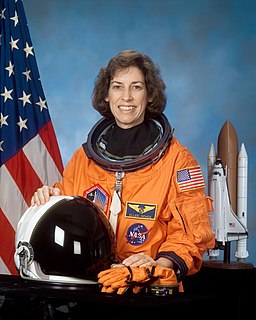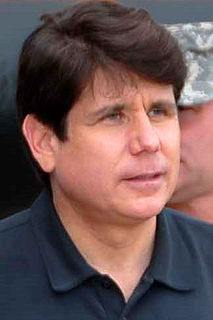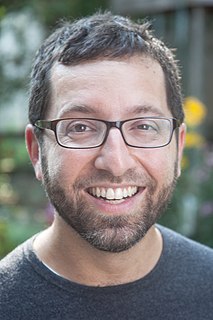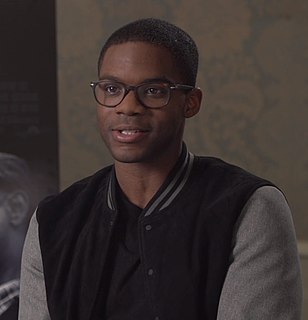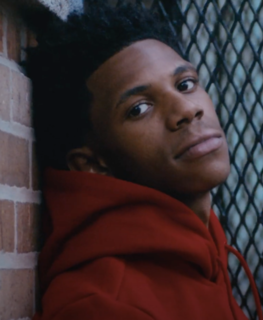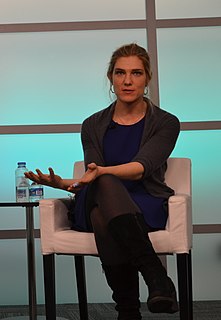A Quote by Stephen J. Dubner
I was a math and science kid in school, but I ended up going the route of writing and music in college.
Related Quotes
When I was a child I could do math and art, so I had left- and right-brain capabilities. But I've seen my children, who are more right-brained, struggling. My son was told he wouldn't make it to college, but he dogged it through and ended up being accepted by 10 major art schools after the high school advisor said, "Please don't apply. You're going to be disappointed." That kid's an artist now.
Most of the time I liked school and got good grades. In junior high, though, I hit a stumbling block with math - I used to come home and cry because of how frustrated I was! But after a few good teachers and a lot of perseverance, I ended up loving math and even choosing it as a major when I got to college.
When I first got to college, in my mind, I was going to end up playing professional football. When I tell people this story, they always end up laughing, and I chuckle about it at my own expense. I was a big fan of American football; I played in high school, and I ended up earning the opportunity to play in college.
You know, students who major in elementary education - they're going to be grade school teachers - they have the highest rates of math anxiety of any college major. And they bring that into the classroom. So you find students being introduced to math concepts by teachers who may have not only a lack of training but also a lack of enthusiasm about math.

